Predictions for 2017
It always feels like the opportunities of a new year are boundless. Data doesn’t sleep or take a summer break, so while we kick back it continues to replicate at speed. This leads us to wonder just what 2017 might have in store.
1. Consumer Trust and Data Governance for Competitive Advantage
Seems logical really: using the data your business holds to develop new products and services for your customers makes sense. However as Executive Chairman and Founder of MapR, John Schroeder asserts “In 2017, the governance vs. data value tug of war will be front and centre”.Billions of bytes of data are moved globally every day and it’s growing. Given that fact, issues around trust and transparency will abound in 2017. Consumers are constantly being better educated about their data, what happens to it when it is shared and its value. As consumer understanding grows, it can’t be underestimated the vital role trust will play for consumers when interacting with data-driven businesses.It will be necessary to help build consumer trust through the development, application and enforcement of transparent business standards and advocacy at the highest levels of government.The DGA will launch its Trust Mark in 2017 – a visual tool to enable consumers to identify and trust businesses that treat data with respect and comply with the DGA Code.
2. Data Governance and Data Quality will gain prominence
Seems almost obvious that data governance should become more prominent. On a daily basis companies are discovering both the value and importance of their data, and the need for its protection. According to CyberMedia’s Arvind Purushothaman “Organizations who are leveraging data for competitive advantage have realized that data quality is key to making the right decisions”.Industry standards and compliance to them are important tools in delivering data quality. Ensuring that benchmarks around a Code of Practice for the collection, use, and management of data in Australia is vital. The DGA Code of Practice will launch at the end of Q1 2017.
3. Data Sharing
Given the recent Productivity Commission Inquiry into Data Availability and Use, how data is shared, what types of data and with whom is clearly on the Australian Government radar. The development of a proposed National Data Custodian has the potential to create a serious bottleneck in the process of data sharing. What is important to every business in Australia is that there be a seamless process to allow business to share data to innovate and create new products and services for consumers.DGA has created a Board Advisory Group on Data Sharing and is looking for members to assist in the development of positions and provide advice to the board.
4. Buzzwords will converge
Not just the buzzwords like Cloud, Big Data and the Internet of Things but the tech that goes right along with them.Arvind Purushothaman says, “The technology is still in its early days, but the data from devices in the Internet of Things will become one of the “killer apps” for the cloud and a driver of petabyte scale data explosion. For this reason, we see leading cloud and data companies bringing Internet of Things services to life where the data can move seamlessly to their cloud based analytics engines”.
5. Vigilance on Data Warehousing
Clearly linked to data quality is it’s use and how it’s held. MarkLogic’s David Gorbet says, “Accessing the right data at the right time creates value. In 2017, I predict we’ll see more winners and losers emerge based on the way that enterprises tackle challenges and opportunities in terms of: Keeping Data Lakes from Becoming Data Swamps”.With the realisation of data, many businesses have spent huge amounts of time and money building data lakes that now threaten to swamp them. According to Gorbet, “they’re realizing that getting a massive amount of disparate data in one place is not enough. To break data out of silos and see a complete picture, that data must also be available, governable and queryable”.
6. Data Security & Consumer Understanding
In 2017, data security will continue to become ever more critical. The more data created – 18 zettabytes (twice the data of 2015) and counting – the better processes needed to ensure its security.However, a lack of consumer understanding about their Personal Information and what happens to their data are contributing factors in security failures. Consumer health data is a great case in point. Most consumers don’t often see the correlation between their thoughts and actions which leads to an interesting dichotomy: they are enormously protective of their personal health records, however think nothing of posting their latest maladies all over social media sites. More education is required.In 2017 DGA will launch a Data Security Board Advisory Group and play a part in the review of the mandatory data breach legislation currently before parliament.
